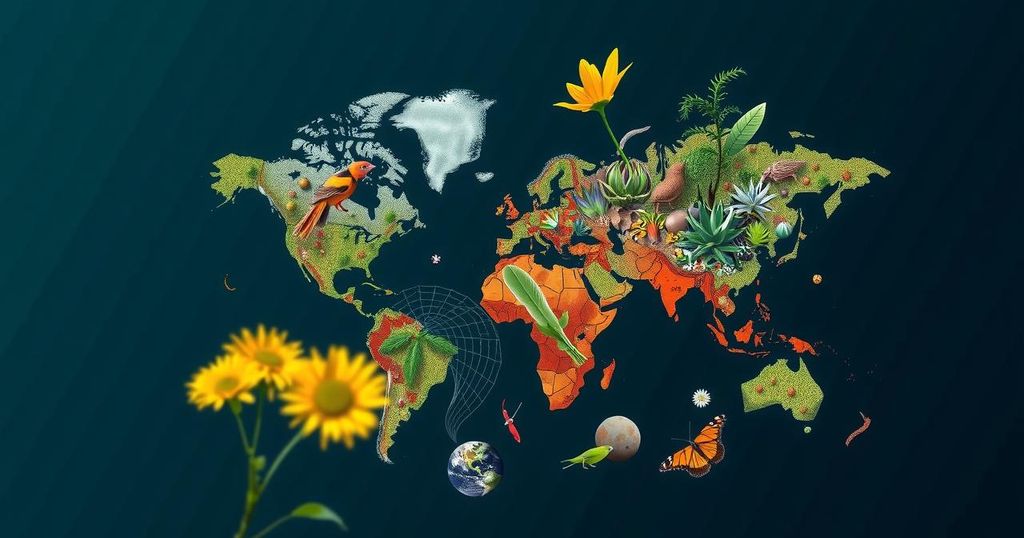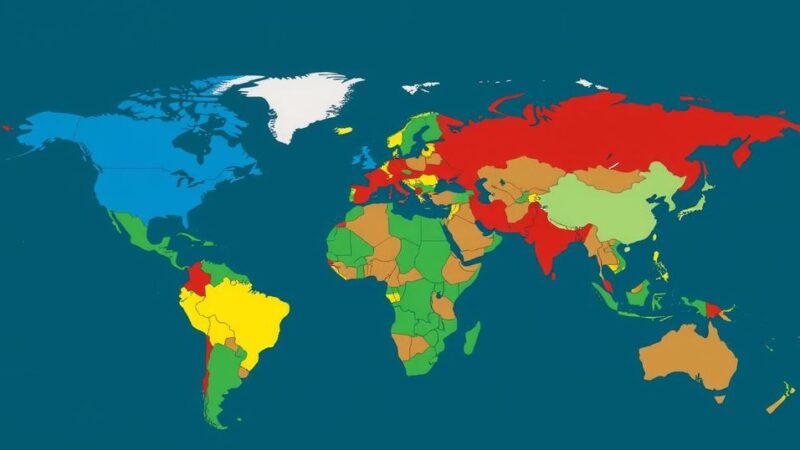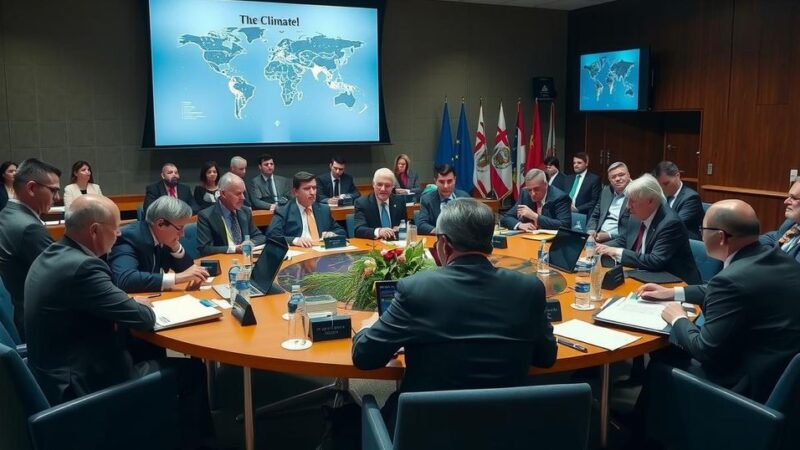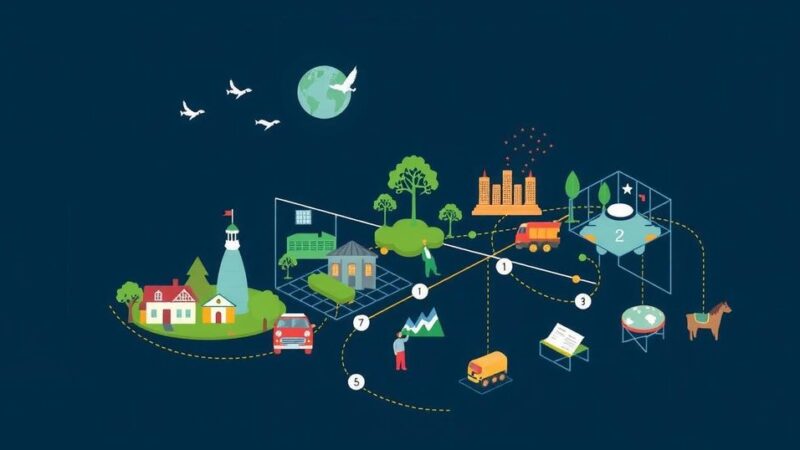The 16th Conference of the Parties (COP16) to the Convention on Biological Diversity, scheduled for October 21 – November 1, 2024, in Cali, Colombia, will focus on the urgent need for international collaboration to combat biodiversity loss and climate change. The International Fund for Animal Welfare (IFAW) is advocating for integrated strategies that address both crises concurrently, emphasizing the protection of marine ecosystems. An upcoming IFAW side event will explore wildlife conservation’s role in climate mitigation and adaptation.
Global leaders and environmental experts will convene in Cali, Colombia, from October 21 to November 1, 2024, for the 16th Conference of the Parties (COP16) to the United Nations Convention on Biological Diversity (CBD). The International Fund for Animal Welfare (IFAW) has called for robust international collaboration to address the twin crises of biodiversity loss and climate change. Matt Collis, IFAW’s Senior Director of Policy, emphasized that both issues are intrinsically linked, stating, “We can’t solve either the climate crisis or biodiversity loss without addressing the other.” COP16 presents a critical opportunity to ensure that efforts to protect biodiversity also support climate change initiatives. As the inaugural Rio Convention COP of 2024, COP16 is positioned to influence future global environmental discussions, including the forthcoming UN Climate Change COP30, which will require nations to revise their climate action plans. The 2023 COP28 Joint Statement on Climate, Nature, and People, endorsed by the governing bodies of the Rio Conventions, highlights the necessity for a cohesive approach in tackling these environmental challenges. The IFAW urges COP16 participants to incorporate these commitments into the summit’s outcomes, emphasizing the significance of the protection of marine and coastal ecosystems. Collis asserted the essential role of healthy oceans for the planet’s well-being, indicating, “Healthy oceans are the foundation of a healthy planet. They absorb carbon, mitigate climate impacts, and support rich biodiversity.” He called for urgent prioritization of marine ecosystems to ensure their resilience amid escalating climate challenges. According to Collis, “Time is running out to tackle the intertwined crises of biodiversity loss and climate change, but COP16 offers hope.” He advocates for an integrated approach to biodiversity and climate efforts to drive meaningful progress. On October 24, IFAW will host a side event titled “Leveraging wildlife conservation and rewilding to supercharge climate mitigation and adaptation,” focusing on the critical role of wildlife in combating climate change and unveiling guidelines for governments to incorporate wildlife conservation into climate strategies. For further details, stakeholders can refer to the provided links and reach out to IFAW representatives for assistance.
The article centers on the upcoming 16th Conference of the Parties (COP16) to the United Nations Convention on Biological Diversity (CBD) set to take place in Cali, Colombia, from October 21 to November 1, 2024. The event aims to address the urgent issues surrounding biodiversity loss and climate change, two ecological crises that are increasingly interlinked. The International Fund for Animal Welfare (IFAW) has been vocal about the need for collaborative efforts at COP16 to ensure that strategies for conservation and mitigating climate change are aligned. Given that ocean health is critical for combating climate change, discussions will also focus on the importance of protecting marine biodiversity during this conference, which is pivotal for setting the framework for future international environmental negotiations, including the upcoming UN Climate Change Conference (COP30).
In summary, the 16th Conference of the Parties to the Convention on Biological Diversity represents a crucial opportunity for global leaders to address the integral relationship between biodiversity and climate change. With calls for unified action, it is imperative that commitments regarding biodiversity are adhered to throughout international negotiations. The spotlight on marine ecosystems further underscores the need to prioritize their protection for the sustainability of our planet. Stakeholders are encouraged to participate actively and contribute to the dialogue that could shape the future of environmental conservation efforts.
Original Source: www.ifaw.org






